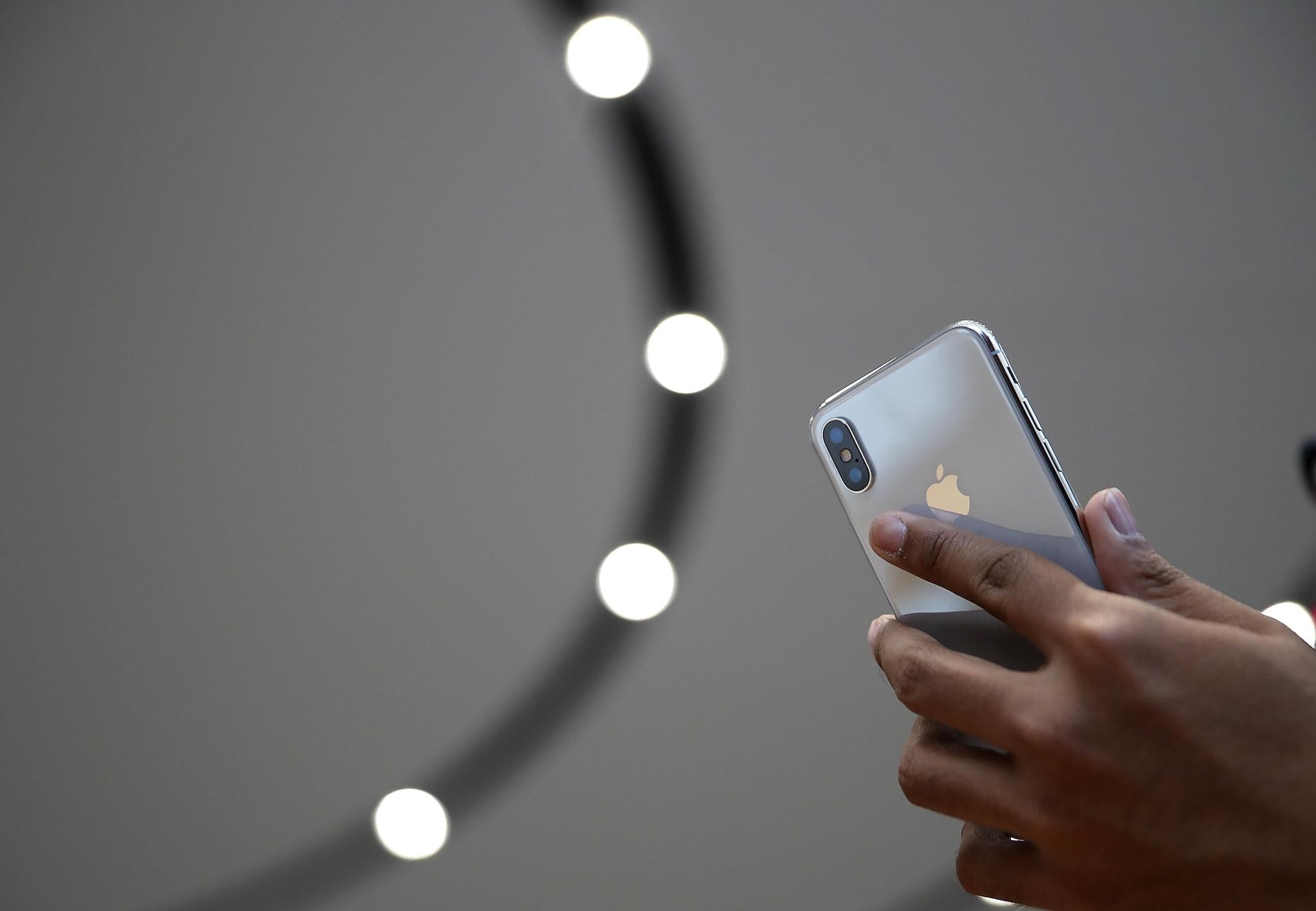Force quitting apps is almost always a bad idea, repeated warnings and iPhone X design make clear
A recent redesign to iOS is just the latest reminder that there's very rarely any need

There's one big mistake that almost everyone is making with their phones.
Clicking to look at all the apps that are running and then swiping them away not only feels helpful but also fun, like having a clearout. But it's very much not recommended.
Almost everyone seems to swipe away their apps after they've been used. And it's not only unnecessary – but might actively be harming your phone's battery and performance.

That's despite repeated warnings. They have come not only from Apple and Google itself, but also from numerous commentators and experts on their products.
What's more, phones seem to now be designed to discourage you from doing so. But that's not stopping people.
Force quitting an app forces it to start over again from the beginning, and stops it from taking up space in the phone's memory. It's obvious why that seems like a good thing to do: if you're not using an app, and it's just sitting there, you'd rather free up the space to be used for whatever you're actually doing that moment.
But both Android and iOS phones also know that, and use their performance accordingly. If an app is running out of memory or needs access to things that are being hogged by other apps, then recent versions of both operating systems will kick them off and give over that performance to the currently running app.
What's more, they don't actually use many resources anyway. In both operating systems, apps that aren't open are moved into a sort of sleeping state – what you're doing with them is saved, and they'll still be allowed to access certain parts of the phone, but otherwise they're put into hibernation until you wake them back up again.
By doing that, the phone is actually able to save important battery and performance. By keeping the apps idle in the background and then opening them back up into that state, they don't have to undertake intensive tasks each time they're opened – helping save battery, rather than taking it up.
That's why experts repeatedly warn people that it's not a good idea or habit to swipe away apps. And that's starting to become clear in the way the phones are being designed.
The latest reminder and confirmation that the behaviour isn't helpful is in how Apple designed the iPhone X to work. It subtly made it far more difficult to swipe away apps and shut them – apparently so that people will feel less compelled to do so.
Because the iPhone X doesn't have a home button, the company had to invent a new gesture. So instead, users have to swipe up from the bottom of the phone and hold the screen until the various open apps appear – people can then press and hold on those apps to bring up a little red minus button, and pressing that will send the apps away.
In all, the new gesture can take a few seconds to do. That's much slower than the less than a second in which apps can be swiped away on phones before the X – and that decision was presumably made on purpose.
There are, of course, sometimes reasons to swipe the apps away, and that's presumably why Apple and Google keep the feature around. If an app has crashed for instance, or it stops working in a way that makes you think it needs a jolt to get started again, then force quitting the app can be a useful way of getting it back up and running.
Other apps can abuse the privilege of being allowed to run in the background and take up battery, despite the best efforts of those making the operating system. So Facebook, for instance, allowed itself to sit in the background sucking up battery using a special programming trick.
You can find such apps in the Settings on your phone, which offers the ability to look at which programs are taking up more than their fair share of battery. If you see something that's taking up a lot of battery for no reason when it's in the background, then you can be forgiven for getting rid of it whenever you're not using it.
Join our commenting forum
Join thought-provoking conversations, follow other Independent readers and see their replies
Comments
Bookmark popover
Removed from bookmarks